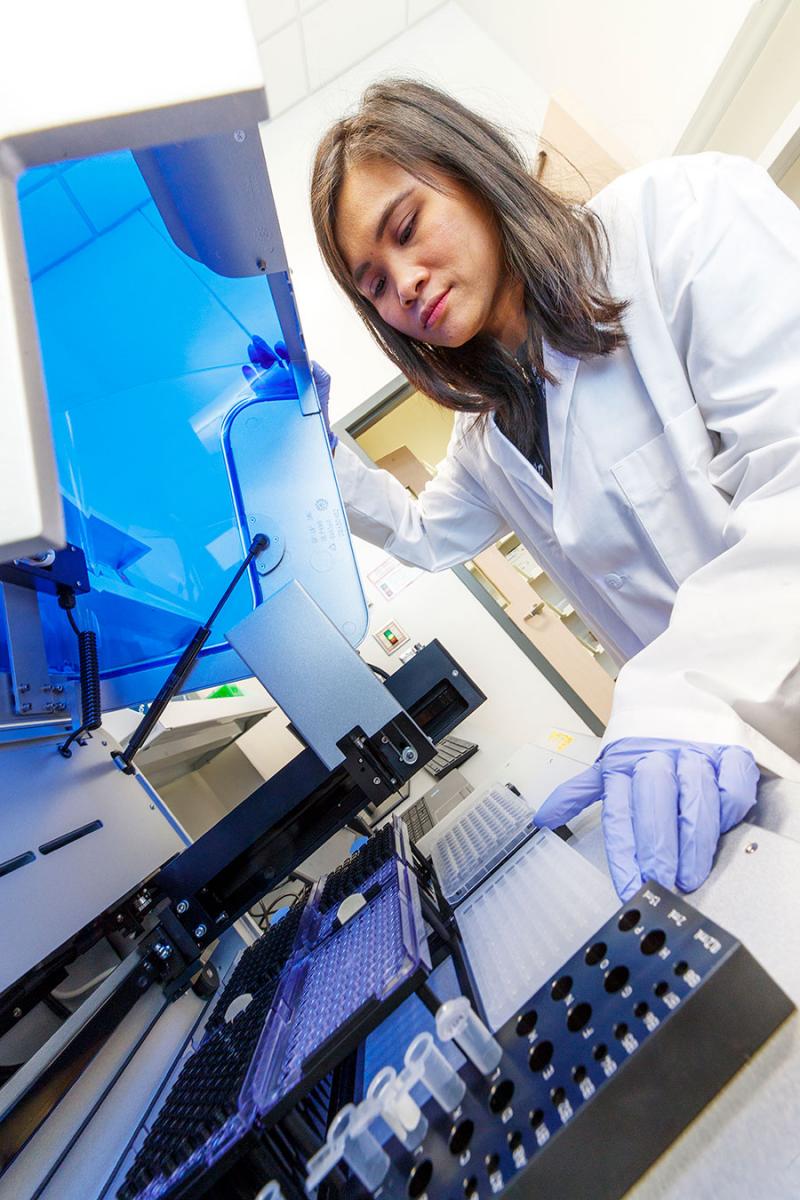How Diagnostic Testing Helps Dogs and Cats Stay Healthy
How Diagnostic Testing Helps Dogs and Cats Stay Healthy
Blog Article
Maintaining your pet’s well-being is essential for their happiness. Pet health labs are crucial for identifying health issues for companion animals.
Throughout this resource, we’ll break down how pet diagnostic centers support animal care, what tests they offer, and why regular diagnostic testing is important.
Understanding the Role of Veterinary Testing Centers
Animal health laboratories offer testing for health conditions in pets. Veterinarians rely on them to monitor health conditions.

Their operations typically involves:
- Sample collection: Key biological materials are retrieved during vet visits.
- Testing procedures: Specialized equipment interpret the findings.
- Understanding the data: The lab shares diagnostic findings to the veterinarian for further action.
Essential Diagnostic Tests for Cats and Dogs
Pet labs conduct a range of diagnostic procedures to ensure pets stay healthy. Important assessments include:
- Complete blood counts (CBC): Identify infections.
- Bladder health evaluations: Spot bladder issues.
- Stool analysis: Ensure proper digestion.
- Allergen identification: Address skin irritations.
- X-rays and ultrasounds: Evaluate structural health.
Why Regular Testing is Important for Your Pets
Periodic veterinary assessments is critical to keeping your pets healthy. Proactive health checks helps avoid complications.

Why regular testing matters include:
- Improved health outcomes: Customized solutions for your pet’s needs.
- Knowing your pet is cared for: Catch issues before they worsen.
- Cost savings over time: Save money by staying ahead of problems.
análises veterináriaslaboratorio para exames de animaislaboratório de análises clínicas veterinária preventiva
Why Veterinary Testing is Essential for Cats and Dogs
Incorporating lab testing for household animals is one of the best ways. Veterinary labs deliver accurate results to manage their health effectively.
Make lab testing part of your pet’s health plan to give them the best care possible!
Report this page